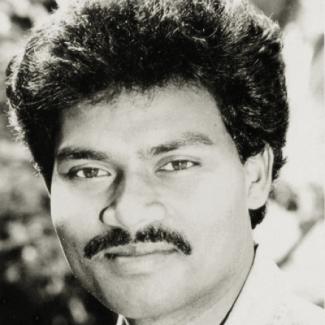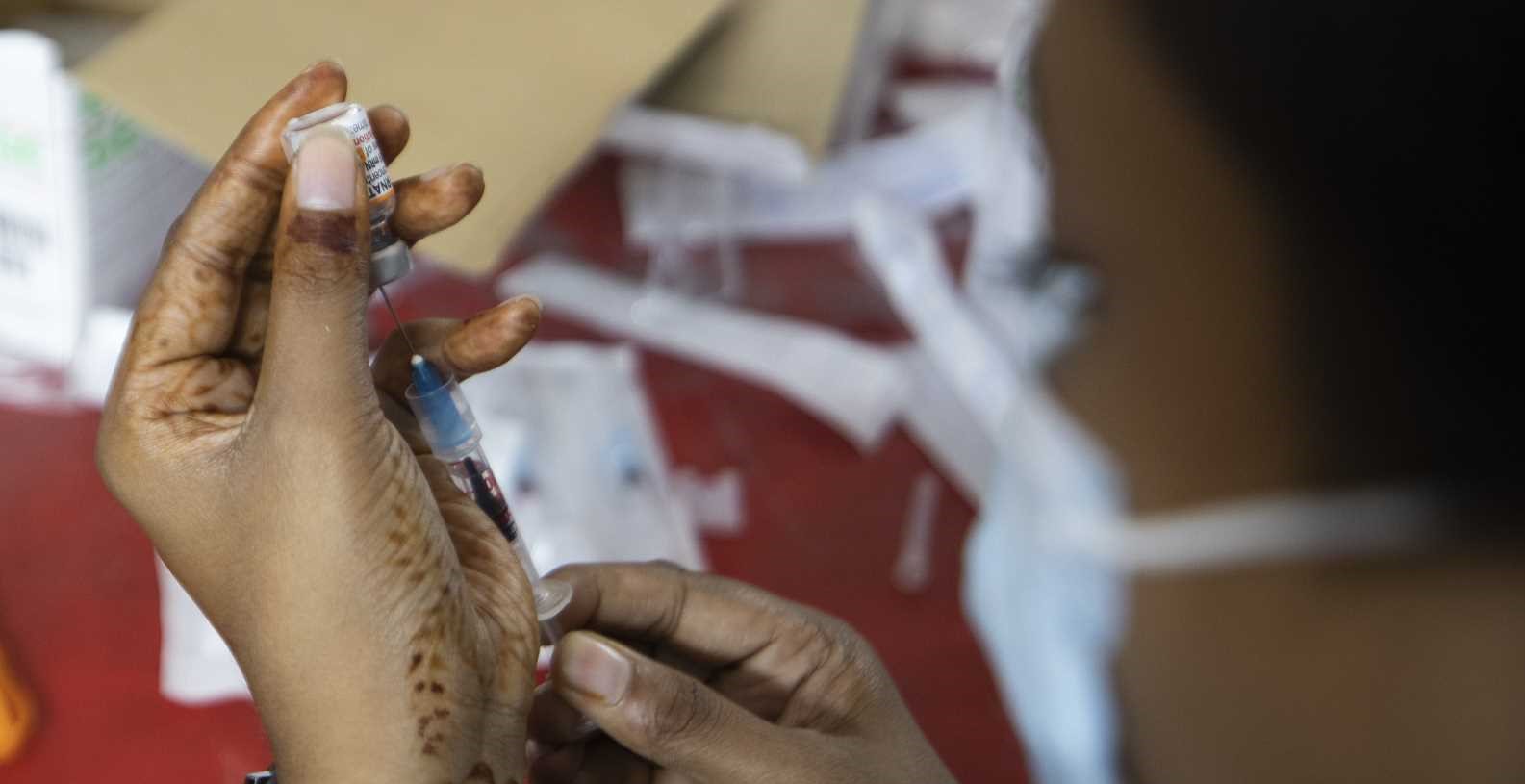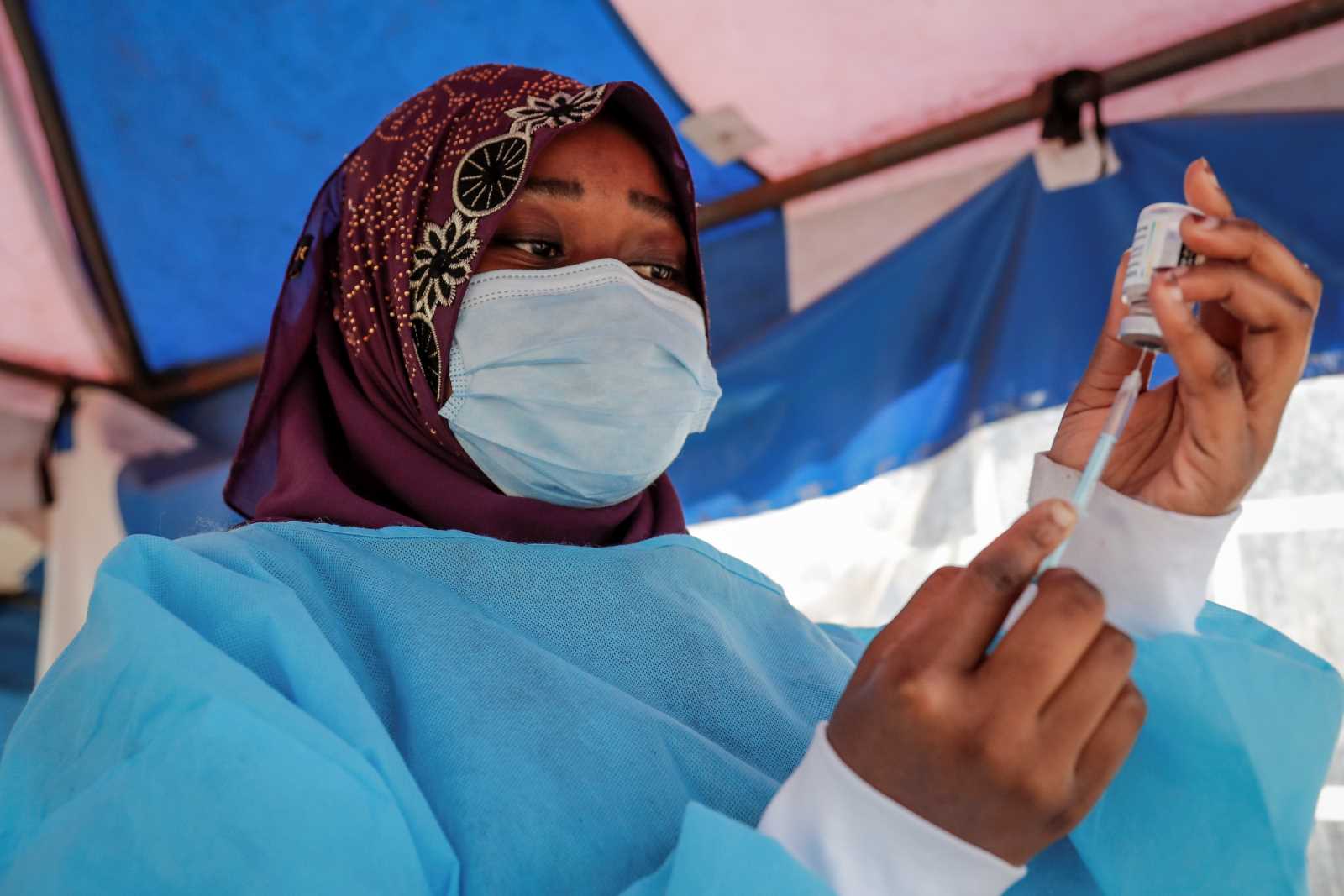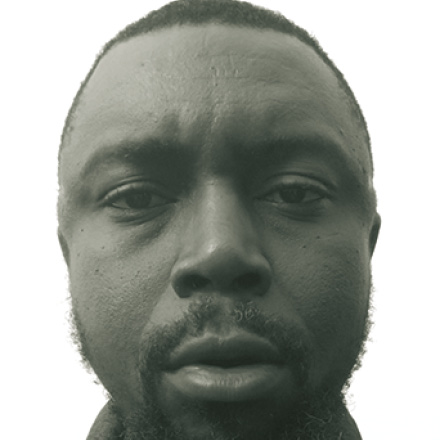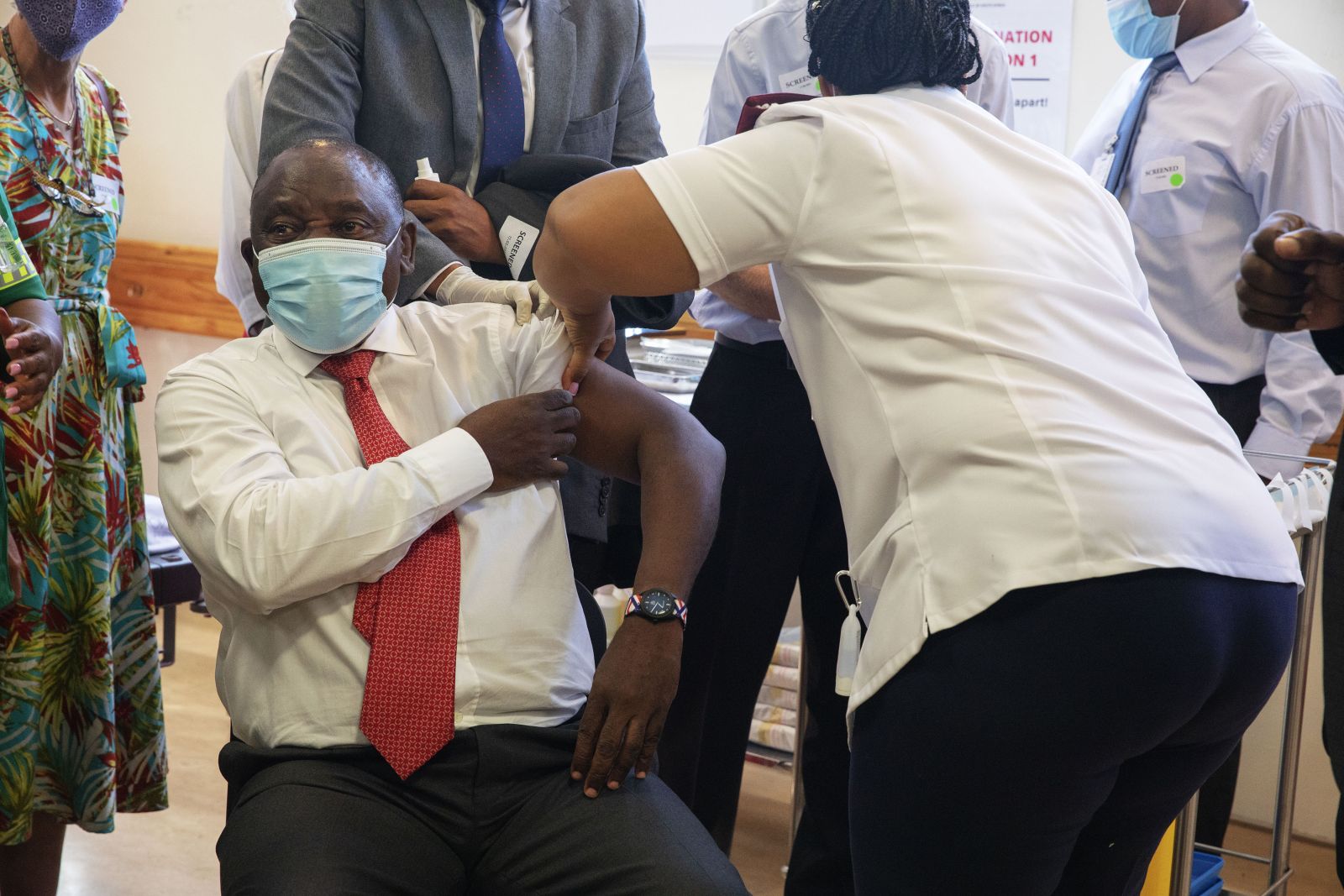Covid-19
Fear and anguish added to pandemic pain in India
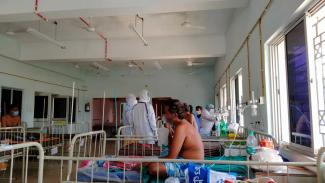
In mid-April 2021, I was fighting for my life in a Covid bed in the trauma-care facility of a government hospital in Singur, a small town near Kolkata. A the time, India was struggling with the deadly second wave of the pandemic (see Roli Mahajan on www.dandc.eu).
I was lucky to get admission to the hospital. A friend of mine is a Kolkata-based doctor, and he helped me. The hospital had doctors, nurses and oxygen cylinders, so the situation was comparatively good.
Nonetheless, I saw dead bodies being removed from my ward every other day. In many cases, the patients died not because of a lack of doctors or shortage of oxygen. There was, however, a lack of basic human care.
Death under a hospital bed
I remember a patient in his late sixties. He had severe breathing problems one day and was administered oxygen immediately. He was too weak to make any sort of physical movement by himself. The day went well, but the next morning he was found dead under his bed. He was probably trying to reach his oxygen mask when he breathed his last breath. The mask was found right beside him. Apparently it had come off as he fell out of the bed. At night, nobody was there to help him. We other patients were either sleeping or feverish, and the hospital staff was absent.
This kind of deadly neglect has several interrelated reasons. Nurses’ work load during the pandemic was high, so many were plainly exhausted. The night shift may have been under-staffed. There is, moreover, a pattern of some government staff in India neither being very competent nor highly motivated. Moreover, people with political connections and influence tend to get better treatment. As is true in many countries, it also matters to what community one belongs. People tend to feel solidarity with those who are from their own population group, but not necessarily with others.
Some people, however, do not even trust their own family. I remember a nurse asking an elderly Covid-19 patient why he had brought a huge sum of money to the hospital. He replied that his family had bade him farewell as though he would never return home alive. He therefore decided to take all his money along in case he might need it. The implicit message was that he was prepared to pay bribes. I cannot tell what became of him because I was shifted to another hospital soon after listening to this exchange.
Anguish and awkward behaviour
The pandemic caused very much anguish. A general pattern was that people withdrew from one another. After being hospitalised, I recovered in a small town called Bandel, where I live with my wife and daughters. When I arrived home in a government ambulance for coronavirus patients, I had to enter the house through the backdoor to avoid panic among our neighbours.
The news spread eventually, of course, and some neighbours, with whom I had previously interacted normally, began to behave awkwardly. When I went out on to our terrace, for example, they avoided eye contact with me even from a distance. Quite obviously, they thought that I was a dangerous infection risk, even after I had been released from hospital. They did not understand that the virus does not spread over distances in the open.
Fear and ignorance thus disrupted social life. It did not seem to make a difference that quarantine rules were actually enforced quite stringently. As hospital patients, we were isolated from the outside world. My wife was not allowed to visit me at the hospital, even though she tried daily. I found it very comforting to know she was waiting outside, hoping to see me. This psychological encouragement helped me fight the disease.
I suffered common long-Covid symptoms. For many weeks, I felt weak. I lost my breath fast and only slept irregularly. I suffered from indigestion and wild mood swings. After a while I noticed that I had become slow in responding to people’s queries. That was the case in direct personal interaction, but also on the phone. Close friends and family members told me I had become forgetful. I began to worry about mental decline. Things improved eventually, but it took a long time.
Both government agencies and non-governmental organisations made considerable efforts to help Covid patients and needy families. Oxygen cannisters, free food and other important resources were distributed to needy people in our area. However, mental health care and basic human empathy were sadly missing.
Village life
I am from Bishnubati, a Santal village. We Santals are an Adivasi community with a language of our own (see my article on www.dandc.eu). Our community has a history of marginalisation.
At first, I kept my Covid infection secret from the village community. I did not want to scare people. But when they learned about my plight, not only may parents, but the entire village wanted me to come home. Apparently, they did not fear I might spread the disease.
The background is that the pandemic has largely bypassed our village. Coronavirus did not take a single life in Bishnubati and the neighbouring Santal village Ghosaldanga. What I wrote about our villages in the first year of the pandemic (see my contribution to www.dandc.eu), basically stayed true throughout it.
Indeed, the district we live in was not as severely affected as many other parts of India were. The official data are disputed disputed (see Suparna Banerjee on www.dandc.eu), and the true infection numbers are impossible to tell, especially because there was less testing in rural areas than in urban ones, not least because of high costs.
However, one does not need official statistics to notice that our area did not have a dreadful surge of deaths. Farming and other daily activities in our villages went on normally, but there was less exchange with the nearby town of Bolpur. The comparatively casual attitude that dominated in our villages is surprising nonetheless, given that the pandemic was profoundly traumatic in other places.
Media matters
I think an important reason is our approach to social media and television. Both played an important role in making people aware of Covid-19, but they also spread disinformation which inspired fear. Of course, digital devices have become very common in our villages, but our people do not pay much attention to angry agitation and sensationalist news programmes. As we are not part of mainstream society, we do not belong to the typical target groups of social-media or TV agitation. Our people are more interested in sports, music and games.
It also matters that the sense of solidarity within our communities is strong. Santals believe that the physical and mental support of family and friends has a great role to play in keeping people safe in times of crisis. Such psychological aspects are particularly important for a marginalised community that typically still lacks access to modern medical services, which tend to be unaffordable. There has been notable progress in our region, but many Santals lack the documents they would need to access to governmental health facilities. In difficult times, we depend on one another.
Boro Baski works for the community-based organisation Ghosaldanga Adibasi Seva Sangha in West Bengal.
borobaski@gmail.com
